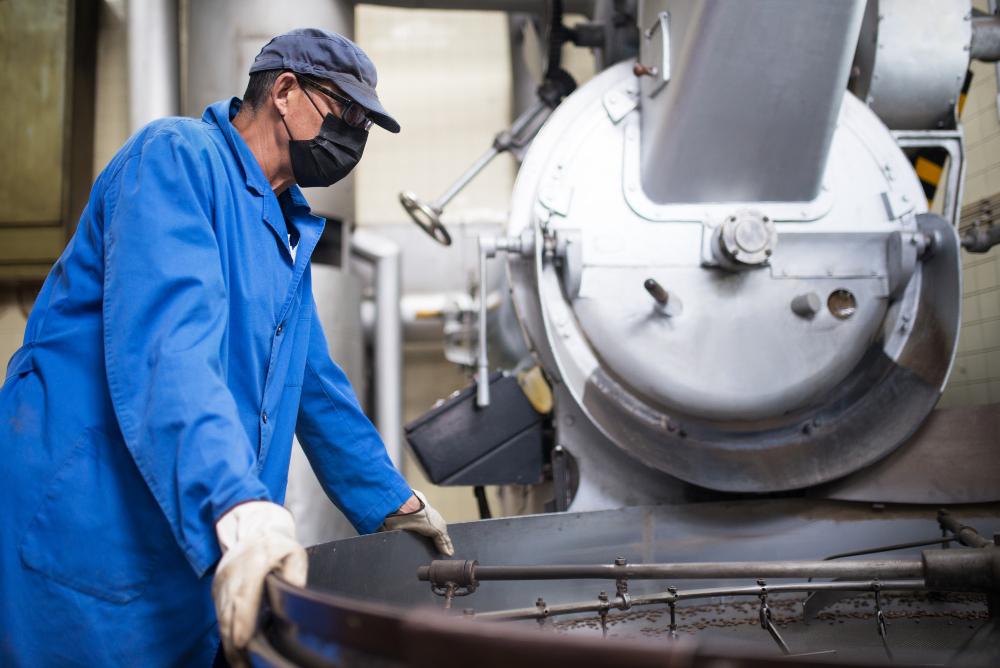In today’s high-speed manufacturing world, even a few minutes of machine downtime can lead to massive financial losses. One of the most common but overlooked causes of unexpected breakdowns is choosing a low-quality or incorrect industrial bearing. When your production line depends on precision, durability, and load capacity, compromising on bearings is not an option.
This is why selecting the right industrial bearing is not just a technical decision, but a critical business one.
Why Industrial Bearing Failures Are So Expensive
Many plant managers realize the true cost of bearing failure only after damage has occurred. A failed bearing can lead to:
-
Machine misalignment and vibration
-
Increased energy consumption
-
Overheating and lubrication breakdown
-
Damage to shafts and surrounding components
-
Production downtime and missed deadlines
These issues don’t just stop production — they increase maintenance costs, reduce equipment life, and affect product quality.
Low-grade materials, poor heat treatment, and incorrect internal clearances are major reasons why traditional bearings fail under high load and high-speed conditions.
How High-Quality Industrial Bearings Improve Machine Reliability
Using a premium-quality industrial bearing improves the overall performance and stability of your machinery. Advanced bearings are engineered with:
-
Optimized internal geometry for smoother rotation
-
High-grade alloy steel for better wear resistance
-
Precision grinding for reduced runout and noise
-
Superior sealing systems to prevent contamination
This not only enhances machine accuracy but also lowers long-term maintenance costs by reducing frequent replacements.
By upgrading to a reliable industrial bearing, companies can significantly extend maintenance intervals and improve production consistency.
Applications Where Industrial Bearings Make the Biggest Impact
Industrial bearings are used across multiple sectors where performance and reliability are critical:
Heavy Machinery
In construction and material handling equipment, bearings endure extreme radial and axial loads. High-quality bearings help prevent catastrophic mechanical failures.
Automation & Robotics
Modern automated systems rely on precision motion control. A stable bearing ensures accurate positioning, minimal vibration, and smooth operation.
Energy & Power Generation
From wind turbines to generators, industrial bearings must withstand high loads, fluctuating temperatures, and harsh environments.
Steel & Cement Plants
High-temperature resistance and contamination protection are essential features for bearings used in rolling mills and kilns.
Common Mistakes When Selecting Industrial Bearings
Many companies unknowingly repeat these costly mistakes:
-
Choosing bearings based only on price
-
Ignoring load, speed, and temperature requirements
-
Using standard bearings in high-precision applications
-
Improper installation and lubrication practices
Selecting the wrong bearing type or capacity leads to early failure and unnecessary production losses.
Working with experienced manufacturers helps you select bearings designed specifically for your application, environment, and performance demands.
How to Extend the Life of Your Industrial Bearings
Even the highest-quality bearings require correct maintenance. Here are some best practices:
-
Use proper lubrication schedules and recommended grease or oil
-
Install bearings with correct tools to avoid internal damage
-
Regularly monitor vibration and temperature
-
Protect bearings from dust, moisture, and contaminants
A proactive maintenance strategy combined with premium bearings results in longer service life and fewer unexpected breakdowns.
Why Choosing the Right Supplier Matters
A reliable industrial bearing supplier doesn’t just sell products — they provide technical support, application guidance, and customization options. This ensures the bearing perfectly matches your operational needs.
With advanced manufacturing processes, strict quality control, and wide product ranges, partnering with a trusted supplier helps you avoid downtime, reduce operational risks, and improve machine efficiency.
Final Thoughts
In competitive industrial environments, performance and reliability are everything. Choosing the right industrial bearing is a smart investment that protects your machines, increases productivity, and saves costs in the long run.
Don’t let poor-quality components hold your operations back — upgrade your bearing solutions for long-term success.



